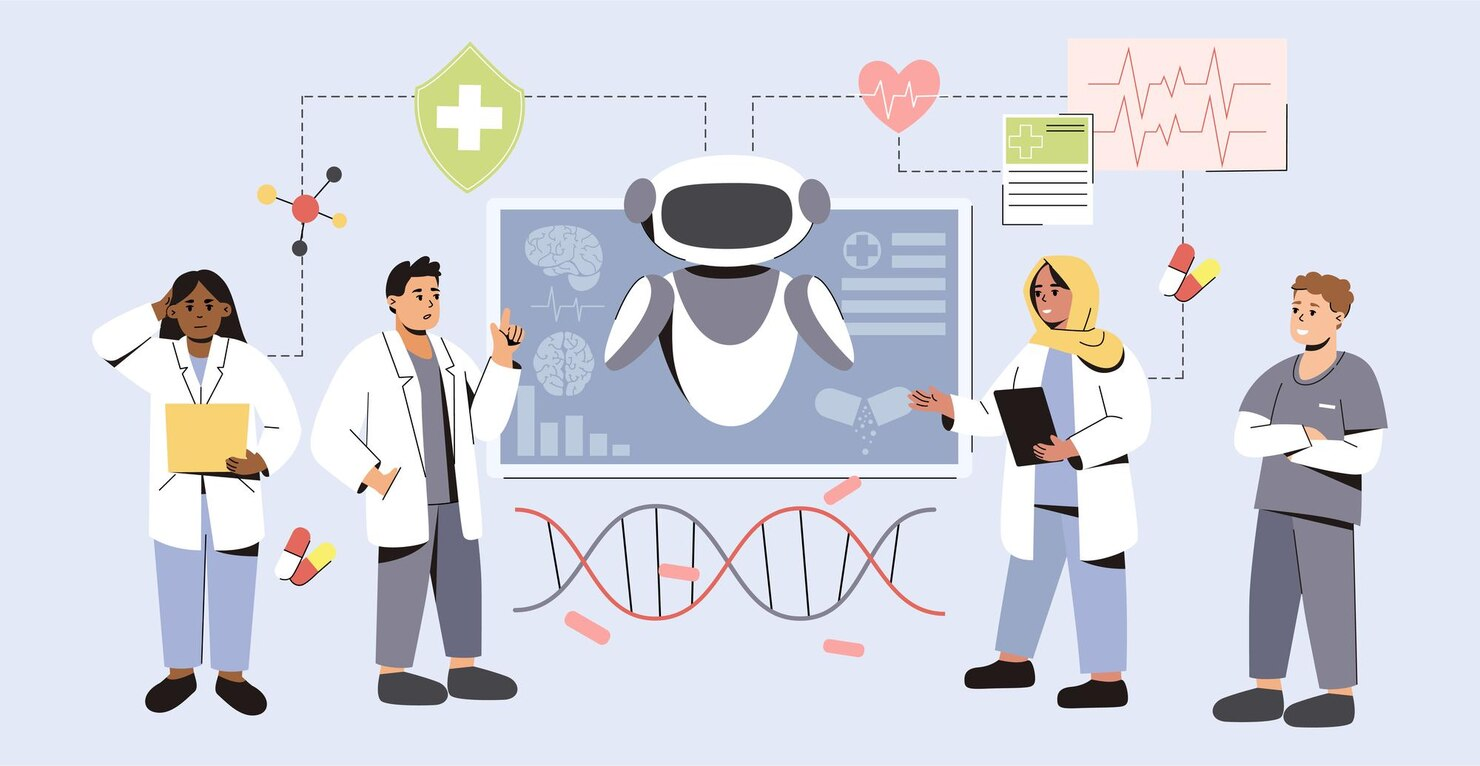The Dangers of Using AI in Medical Record Generation

The growing use of AI to generate medical records brings significant risks, especially in personal injury and medical malpractice cases. In Ashleigh Stewart’s report for Global News https://globalnews.ca/news/10832303/ai-transcription-medical-errors/, doctors describe how AI transcription tools in Canadian hospitals produced flawed or fabricated medical entries. This raises serious concerns. Medical records often serve as critical evidence in personal injury and malpractice cases. If a record inaccurately suggests that a doctor addressed a condition that was not treated, the outcome of legal proceedings could be unjustly skewed. Likewise, the diagnosis of a condition in an emergency room (or not) could impact a judge or jury’s impression of an injured plaintiff.
Medical records carry great weight in court, forming the basis for determining whether medical professionals met their standard of care. AI-generated inaccuracies—such as fabricated symptoms—could cause patients to lose lawsuits or hinder providers from mounting fair defenses. If these errors go unnoticed, they could compromise both the care patients receive and the judicial process.
Healthcare providers may also face heightened legal risks. The use of unreliable AI technology could be framed as negligence, eroding trust in healthcare institutions. Hospitals and clinics must therefore adopt policies to mitigate these risks, ensuring AI-generated records are thoroughly reviewed by professionals before becoming part of a patient’s permanent medical history.
Clear guidelines are also needed on how courts should handle AI-related errors in medical documentation. Transparency about the limitations of AI is crucial for judges, lawyers, and patients to make informed decisions. Without this, the justice system may struggle to fairly adjudicate cases involving flawed medical records.
AI promises to reduce administrative burdens for medical staff, but it cannot substitute human judgment. As the Global News report underscores, the risks of unmonitored AI in healthcare are real and could have life-altering consequences. Balancing the efficiencies of AI with proper oversight is essential to safeguard both patient safety and the integrity of the legal process.














